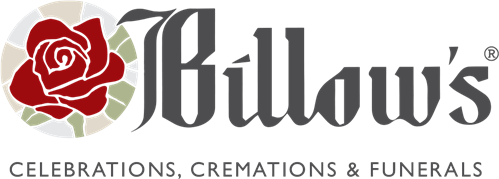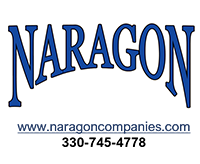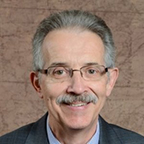
The Rotary Club of Akron was presented with information on the “Be the Match” program at our Tuesday, November 16, 2021, Club Meeting. View the presentation by clicking here or cut and paste the link into your browser https://youtu.be/wAAVLNDpEcs 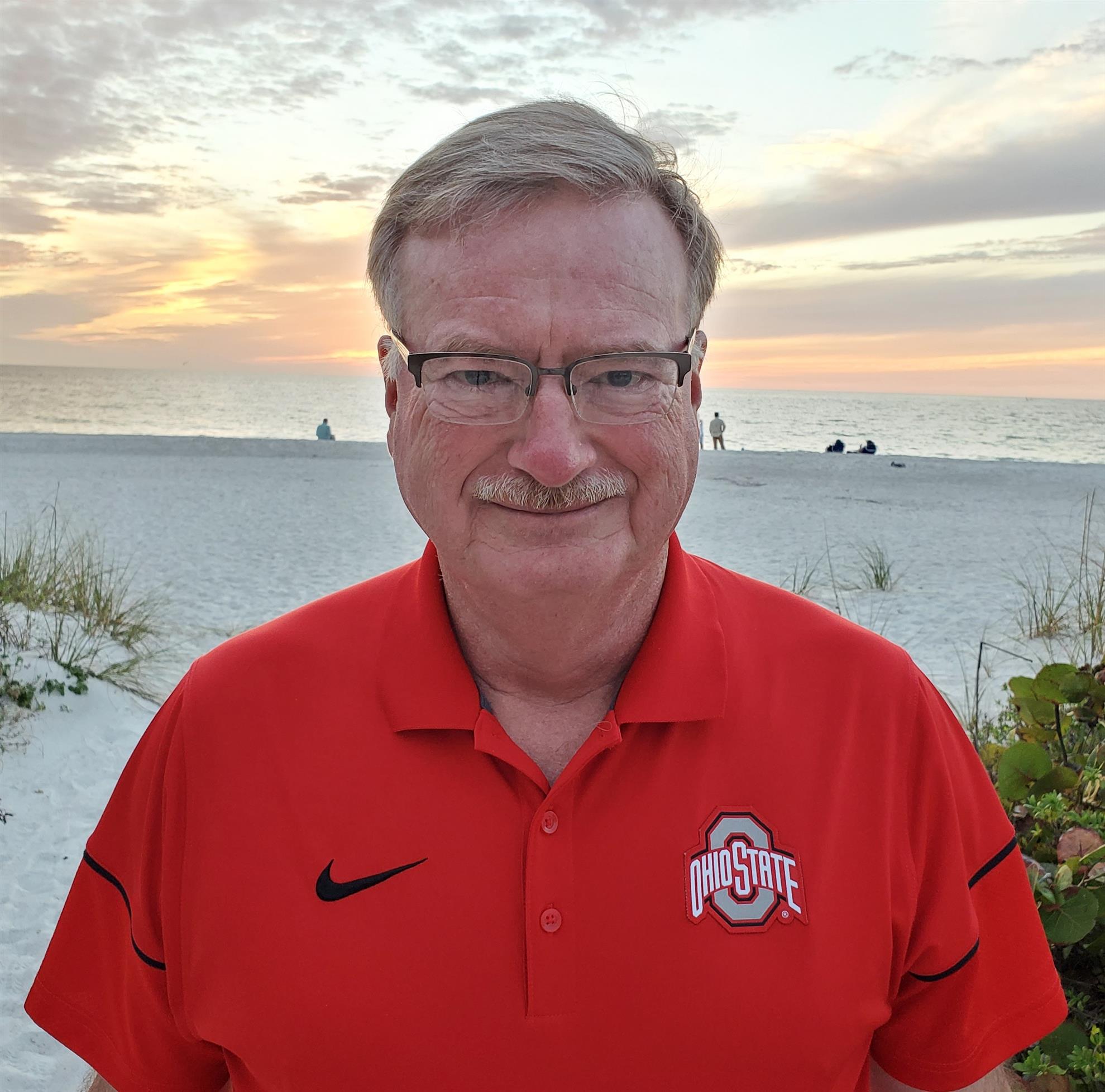 Dale has been a Rotarian since 2003, belonging to the Cambridge, Downtown Macon, Kent, Camden (SC) and Mentor Rotary Clubs as his career progressed. Dale has been active in many roles in these clubs and served as President of the Cambridge (05/06) and Mentor (19/20) Rotary Clubs. Dale is a member of the District 6630 Membership Steering Committee.
Dale has been a Rotarian since 2003, belonging to the Cambridge, Downtown Macon, Kent, Camden (SC) and Mentor Rotary Clubs as his career progressed. Dale has been active in many roles in these clubs and served as President of the Cambridge (05/06) and Mentor (19/20) Rotary Clubs. Dale is a member of the District 6630 Membership Steering Committee. 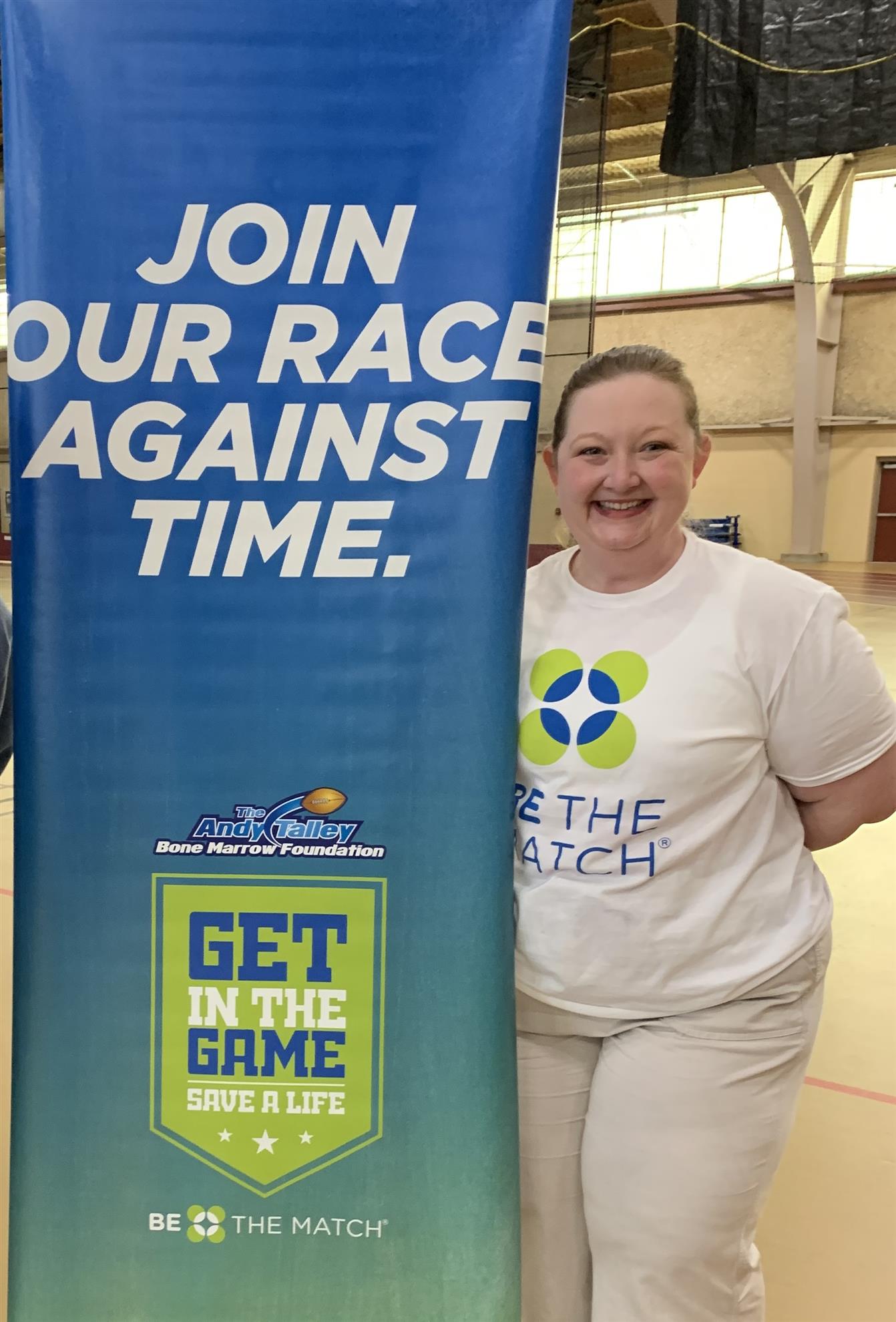 Tonya Davis is a marketing, PR, and community engagement specialist who has been swabbing cheeks with Be The Match for more than 10.
Tonya Davis is a marketing, PR, and community engagement specialist who has been swabbing cheeks with Be The Match for more than 10.
Dale Smith is a manufacturing quality and process improvement leader, having worked in industries ranging from ceramic tile to undersea telecommunication systems manufacture. Dale retired in May from Avery Dennison after seven years there. Dale has a B.Sc. in Ceramic Engineering from the Ohio State University, a Six Sigma Blackbelt from Sigma Breakthrough Technologies and is an certified and experienced Kepner-Tregoe problem-solving facilitator.
 Dale has been a Rotarian since 2003, belonging to the Cambridge, Downtown Macon, Kent, Camden (SC) and Mentor Rotary Clubs as his career progressed. Dale has been active in many roles in these clubs and served as President of the Cambridge (05/06) and Mentor (19/20) Rotary Clubs. Dale is a member of the District 6630 Membership Steering Committee.
Dale has been a Rotarian since 2003, belonging to the Cambridge, Downtown Macon, Kent, Camden (SC) and Mentor Rotary Clubs as his career progressed. Dale has been active in many roles in these clubs and served as President of the Cambridge (05/06) and Mentor (19/20) Rotary Clubs. Dale is a member of the District 6630 Membership Steering Committee.Dale is married to Jeri Ann and resides on Raccoon Ridge in Newbury, Ohio. He enjoys gardening, winemaking and taking daily hikes in retirement with his three yellow labs Murphy, Quinn and Keeva.
 Tonya Davis is a marketing, PR, and community engagement specialist who has been swabbing cheeks with Be The Match for more than 10.
Tonya Davis is a marketing, PR, and community engagement specialist who has been swabbing cheeks with Be The Match for more than 10. Her passion for making a difference in the world is only rivaled by her love for karaoke.
Give her a microphone, and Tonya will either entertain or educate you!
She loves her job and living Be The Match's life-saving mission daily.

What is Be the Match?
The mission of the organization is “We save lives through cellular therapy.”
The National Marrow Donor Program (NMDP) is a nonprofit organization founded in 1986 and based in Minneapolis, Minnesota, that operates the Be The Match Registry of volunteer hematopoietic cell donors and umbilical cord blood units in the United States.
The Be the Match Registry is the world's largest hematopoietic cell registry, listing more than 22 million individuals and more than 300,000 cord blood units. Hematopoietic cells from NMDP donors or cord blood units are used to transplant patients with a variety of blood, bone marrow or immune system disorders. As of December 2020, the NMDP had facilitated more than 100,000 transplants worldwide.
What is the Impact of Be the Match?
- Every Three Minutes, someone is diagnosed with a blood cancer
- Every 10 minutes, someone dies from a blood cancer.
- Every year, more than 14,000 patients are diagnosed with life-threatening blood cancers or other diseases for which a marrow or cord blood transplant from an unrelated donor may be their best or only hope of a cure.
- 70% of all patients who need a transplant do not have a matched donor in their family
- Approximately 70% of transplants facilitated by the National Marrow Donor Program® are leukemia or lymphoma.
What Treatable Diseases use Blood Stem Cells?
70+ blood diseases & blood cancers can be treated/cured by blood stem cell transplant, including:
- leukemia and lymphoma
- sickle cell disease
- severe aplastic anemia
- inherited immune disorders
Be The Match currently covers the US, Puerto Rico, and Mexico. There are @ 50 National databases around the world.
How does matching work?
Matching is much more complex than blood types. It's your heritage or ancestry.
Matching is much more complex than blood types. It's your heritage or ancestry.
It’s based on genetic typing involving the Human Leukocyte Antigen (HLA).
Patients are most likely to match a donor who shares their ethnic heritage.
Currently, not all patients have an equal chance of finding a donor.
The odds of finding a match based on ethnic background is alarming for some ethnic categories. The odds currently are as follows:
- White 79%
- Native American 60%
- Hispanic 48%
- Asian or Pacific Islander 47%
- Black or African American 29%
Peripheral blood stem cell (PBSC) donations
PBSC is one of two methods of collecting blood-forming cells for bone marrow transplants. The same blood-forming cells that are found in bone marrow are also found in the circulating (peripheral) blood. PBSC donation is a nonsurgical procedure, called apheresis.
83% of donors give by PBSC.
- Similar to donating platelets
- Shots for 5 days (4 days before collection & 1 the day of collection)
- A machine filters out stem cells and
returns remaining blood to the donor - Most donors visit with friends or
watch TV during the procedure
Marrow donations
17% of donors give blood stem cells collected from bone marrow.
- Surgical procedure
- Anesthesia = no pain during the procedure
- Same day, usually outpatient
- Doctors withdraw blood stem cells
from back of the pelvic bone - Your cells replenish themselves in 4-6 weeks
Why is the Mentor Rotary Club involved with Be the Match?
- In 1992, Carolyn Shandle-Cobb, daughter of Rotarian Cliff Shandle, was diagnosed with leukemia and needed a bone marrow transplant. There was no family match.
- Cliff asked fellow Rotarians to consider being donors. Not stopping there, the club decided to have an event to recruit other people in the Mentor Community.
- The first event was May 23, 1993 - more than 800 people showed up. A second event was held June 23 with another 222 registered.
- A donor was found for Carolyn but sadly she passed from an infection in July before the transplant could occur.
- The Shandle family and Mentor Rotary Club vowed to host recruitment events and fundraise to support Be the Match and other families in need.
- Recruitment events have been hosted at Lakeland CC, Lake Erie College, and Notre Dame College
- The Mentor Club raises about $5000 annually.
How Can the Akron Rotary Club Help?
- The Rotary Club of Akron has a focus on engaging diverse populations where there is the most need for people to join Be the Match.
- Can the Mentor Club partner with the Rotary Club of Akron and 100 Black Men to raise awareness and recruit new donors?
- College donors are young, diverse, and provide the best outcomes for patients. Is there an opportunity to work with the Rotary Club of Akron and your diverse partners to have a recruitment event at the University of Akron or other colleges in the area?
- The Rotary Club of Mentor has donated $5000 to Be the Match to cover testing costs of these events.
To learn more about getting involved with Be The Match, you can contact Tonya Davis at 216.406.6236.

